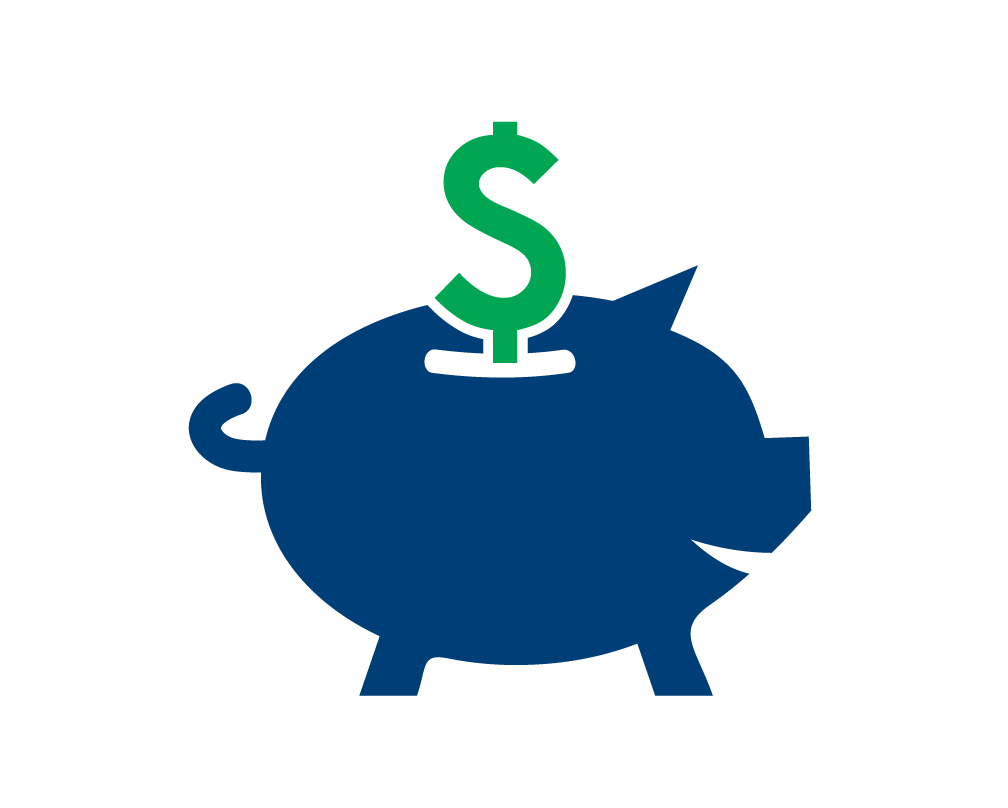Don't Listen to the Naysayers, Start Your Nonprofit Today
I'm going to apologize in advance for this rant, but this post is to encourage YOU, the "small guy" whose dream is to start a nonprofit. A couple weeks ago, I stumbled upon a Facebook post that got me fired up. A woman who lives in a community overridden with crime, revealed that she started her own nonprofit and needed advice on where to find startup funding. One commenter was quick to admonish the woman from starting her nonprofit, saying that she should have done her research before her decision to start a nonprofit, that building a nonprofit is hard work, and that she's seen a lot of nonprofits fail because people weren't prepared. The interaction with the woman left much to be desired. To be honest, some of her points were valid, but her tone and approach were laced with elitism. It made me realize that sometimes, the people who should be establishing services in their own communities, are often discouraged from doing so. There will be many obstacles when you start your nonprofit journey, but the last thing you should do is let someone else's apprehension discourage you from moving forward. Some of the most successful movements and organizations were created from people who were fed up and decided to do something about it. Below are some reasons why you should start your nonprofit, despite the naysayers.
Social Entrepreneurship = True Empowerment
Building a nonprofit is a form of social entrepreneurship for communities that are often disenfranchised and ignored. Research says that communities of color and low income people are less likely to accumulate wealth. The U.S. is plagued with the fallacy of "pulling yourself up by your bootstraps", but there are pervasive attitudes and systems preventing certain groups from doing that. Not to mention that no organization or person has been successful by their own gumption alone. Is it ok to tell people who don’t have ample resources and access to opportunities to NOT create their own businesses? Is it ok to withhold knowledge from those who can create their own community safety nets? Isn't service delivery more effective when you give others the tools they need to serve themselves? Or do nonprofits exist to keep the communities they serve complacent so that there's always a need? Don't get me wrong, I am a fierce supporter of the nonprofit sector. However, the issue with low income communities, and in particular, many communities of color, is the lack of assets, direction and guidance. We often consume services, but don't create them. Many of these communities rely on government funding or charity that dwindles or changes with the political landscape. The current system can sometimes perpetuate the idea that people are privileged to receive help, but not privileged enough to receive the knowledge to help themselves.
Diversity?
Diversity is clearly lacking in nonprofit leadership. The leadership at nonprofits and national foundations often represent the very systems that have oppressed the people they’re hoping to "save". Do a quick review of the Board of Directors of nonprofits and funders that help disadvantaged communities. They rarely look like the communities they support. In fact, only about 10 percent of foundation CEOs and board members are people of color. Yet, they make key decisions in how funds are invested. They control the narrative with often no say from the people actually living in those communities. The case is clear that leaders and services should be created in communities by people FROM those communities.
Don’t believe the hype - there’s’ enough to go around
When you start your nonprofit, the argument against doing so, is that too many nonprofits already exist in the market. Show me a nonprofit that is serving all the people they can possibly serve and that'll be the day I make you out to be a liar. No organization will possibly serve all they can or be the best fit for all the clients they're serving. What they're really saying is, we want a piece of the pie and you make the slice smaller when you’re in our space. Even though you may be better qualified at providing the service, they don't want to lose their share. Funding is incredibly important for nonprofits, so I wouldn’t suggest that small nonprofits attempt to take down established nonprofits. However, to submit to the idea that there's simply not enough money to go around in the market is false. If every year, we can increase revenue spent on Christmas and Black Friday, and consumer spending rises from year to year, then there is always potential to raise the funds you need to function. Why can't larger nonprofits encourage small nonprofits to create their own space and mentor them to be effective on their scale? There is huge potential for true partnership among all nonprofits, large and small. True partnership means that all parties play an integral part in discussions. Smaller nonprofits should have an equal say that isn't determined by amount of resources or background.
The appropriate response on that Facebook post should have been: Nonprofits are not perfect. Nonprofits are hard. But with the right focus, the right planning and the right connections, they can be successful. Learn and study your target population so that services are well aligned with what your clients actually need. Learn to tell your story so well that donors can't help but to throw money at you. You can do it. Put the right plan in place, establish your Board, take advantage of partnerships, and seek guidance and mentorship when you need it.
I'll just end with this. If you have an idea that you think can transform your community, then go for it. You don't have to get behind a movement. If you have a unique voice and perspective that's missing, then you can create your own movement. You. are. enough.
If you don't know where to start, download our free nonprofit checklist which guides you through the requirements to set up your organization:


